
Jeremiah(2015)
A U.S. Navy Commander Jeremiah Denton leading a plane sortie into North Vietnam was shot down and captured as a POW. For 8 years of his life, he was a prisoner at Hanoi Hilton where he and other POWs were tortured. In a press conference, being forced by the North Vietnamese to say he was being treated well he blinked out the letters TORTURE in Morse code.
Movie: Jeremiah
Top 10 Billed Cast

Jeremiah
HomePage
Overview
A U.S. Navy Commander Jeremiah Denton leading a plane sortie into North Vietnam was shot down and captured as a POW. For 8 years of his life, he was a prisoner at Hanoi Hilton where he and other POWs were tortured. In a press conference, being forced by the North Vietnamese to say he was being treated well he blinked out the letters TORTURE in Morse code.
Release Date
2015-11-10
Average
0
Rating:
0.0 startsTagline
Genres
Languages:
Keywords
Similar Movies
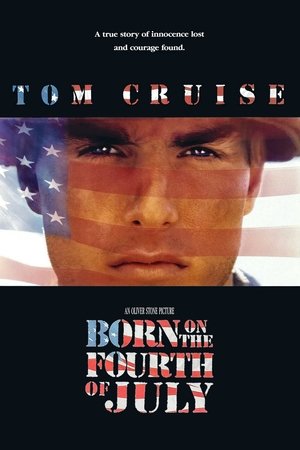 7.0
7.0Born on the Fourth of July(en)
Paralyzed in the Vietnam war, Ron Kovic becomes an anti-war and pro-human rights political activist after feeling betrayed by the country he fought for.
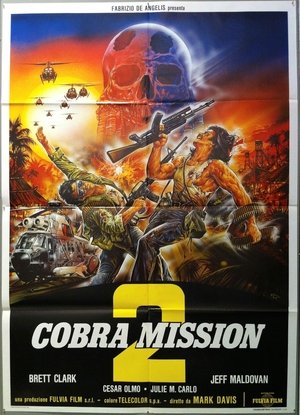 2.0
2.0Cobra Mission 2(en)
A Vietnam vet who specializes in freeing POWs goes behind enemy lines on a rescue mission with a group of mercenaries.
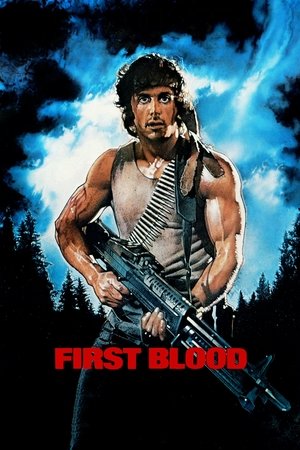 7.5
7.5First Blood(en)
When former Green Beret John Rambo is harassed by local law enforcement and arrested for vagrancy, he is forced to flee into the mountains and wage an escalating one-man war against his pursuers.
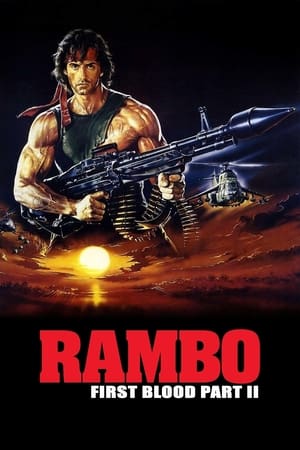 6.7
6.7Rambo: First Blood Part II(en)
John Rambo is released from prison by the government for a top-secret covert mission to the last place on Earth he'd want to return - the jungles of Vietnam.
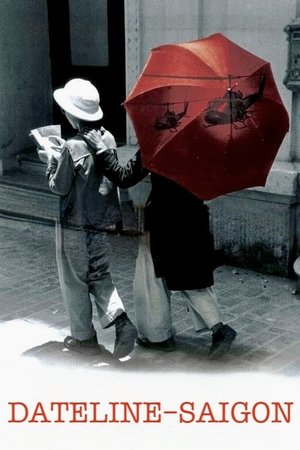 8.0
8.0Dateline: Saigon(en)
How does a nation slip into war? Dateline-Saigon profiles the controversial reporting of five Pulitzer Prize-winning journalists -The New York Times' David Halberstam, the Associated Press' Malcolm Browne, Peter Arnett, and legendary photojournalist Horst Faas, and UPI's Neil Sheehan -- during the early years of the Vietnam War as President John F. Kennedy is secretly committing US troops to what is initially dismissed by some as 'a nice little war in a land of tigers and elephants.' 'When the government is telling the truth, reporters become a relatively unimportant conduit to what is happening,' Halberstam tells us. 'But when the government doesn't tell the truth, begins to twist the truth, hide the truth, then the journalist becomes involuntarily infinitely more important.'
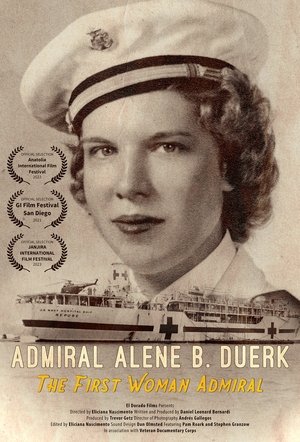 0.0
0.0Alene Duerk: First Woman to Make Admiral(en)
Following the tradition of military service in her family, Alene Duerk enlisted as a Navy nurse in 1943. During her eventful 32 year career, she served in WWII on a hospital ship in the Sea of Japan, and trained others in the Korean War. She became the Director of the Navy Nursing Corps during the Vietnam War before finally attaining the rank of Admiral in the U.S. Navy. Despite having no other women as mentors (or peers), Admiral Duerk always looked for challenging opportunities that women had not previously held. Her consistently high level of performance led to her ultimate rise to become the first woman Admiral.
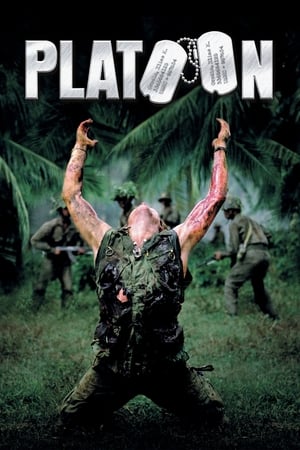 7.7
7.7Platoon(en)
As a young and naive recruit in Vietnam, Chris Taylor faces a moral crisis when confronted with the horrors of war and the duality of man.
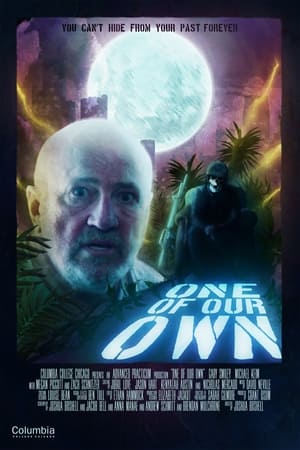 0.0
0.0One of Our Own(en)
An old Vietnam war veteran struggles with his past when his granddaughter leaves for the military.
The Lies That Led America To War In Vietnam(en)
America's involvement in the Vietnam War dramatically intensified in 1964 after the Tonkin Gulf incident, an incident in which the blame falls squarely on the Johnson administration. What would follow would be a series of misinformation and outright lies from the government to mislead the American public into supporting a war that would become increasingly harder to justify.
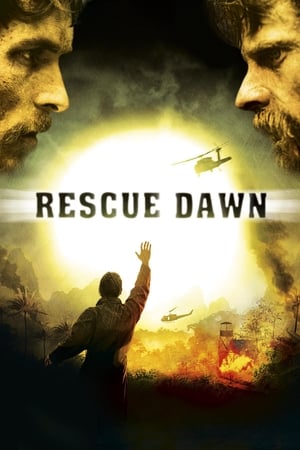 7.0
7.0Rescue Dawn(en)
A US Fighter pilot's epic struggle of survival after being shot down on a mission over Laos during the Vietnam War.
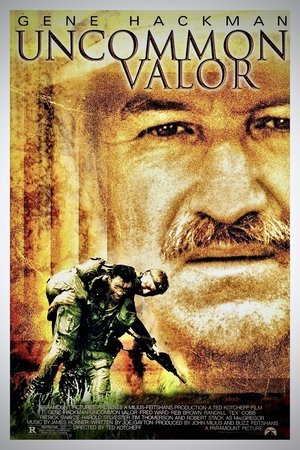 6.2
6.2Uncommon Valor(en)
A group of Vietnam War veterans re-unite to rescue one of their own left behind and taken prisoner by the Vietnamese.
There Is No 13(en)
A Vietnam veteran and aspiring filmmaker spirals through a world of fragments and interludes that offer as much surreal comedy as existential dread.
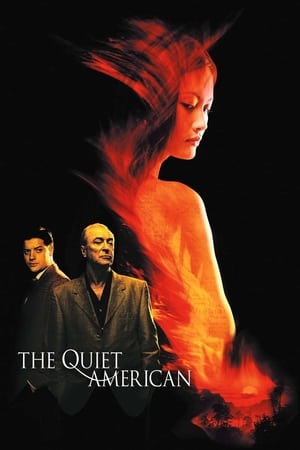 6.5
6.5The Quiet American(en)
Cynical British journalist Fowler falls in love with a young Vietnamese woman but is dismayed when a naïve U.S. official also begins vying for her attention. In retaliation, Fowler informs the communists that the American is selling arms to their enemy.
 7.0
7.0Lenin kam nur bis Lüdenscheid - Meine kleine deutsche Revolution(de)
The free, almost naive view from the perspective of a child puts the "68ers" in a new, illuminating light in the anniversary year 2008. The film is a provocative reckoning with the ideological upbringing that seemed so progressive and yet was suffocated by the children's desire to finally grow up. With an ironic eye and a feuilletonistic style, author Richard David Precht and Cologne documentary film director André Schäfer trace a childhood in the West German provinces - and place the major events of those years in completely different, smaller and very private contexts.
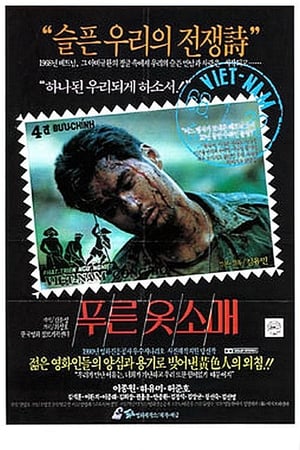 0.0
0.0Green Sleeves(ko)
A Korean man fights in the Vietnam War and becomes a P.O.W. His experience turns his views around on the war.
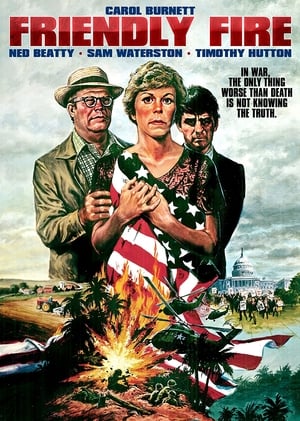 7.5
7.5Friendly Fire(en)
In March 1970, a U.S. Army officer arrived at the Iowa farm of Peg and Gene Mullen and informed them that their son Michael had been killed in Vietnam by "friendly fire." Their determined attempts to learn more about the circumstances of their son's death are the subject of this true account film.
 0.0
0.0A Good Year(uk)
A year ago, on 29 December 2019, prisoners were exchanged with the self-proclaimed ‘LPR’ and ‘DPR’. Among the Ukrainians who returned home were journalist Stanislav Aseyev, tanker Bohdan Pantiushenko, and human rights activist Andriy Yarovoi. Four months earlier, on 7 September, Crimeans Oleg Sentsov and Oleksandr Kolchenko were released from Russian colonies. We spoke to the former prisoners about their first year of freedom.
 8.1
8.1Full Metal Jacket(en)
A pragmatic U.S. Marine observes the dehumanizing effects the U.S.-Vietnam War has on his fellow recruits from their brutal boot camp training to the bloody street fighting in Hue.
Das Dorf der Freundschaft(de)
A German Documentary about the “village of friendship” that was created by American Veteran George Mizo to help the Vietnamese kids suffering from the Vietnam War.